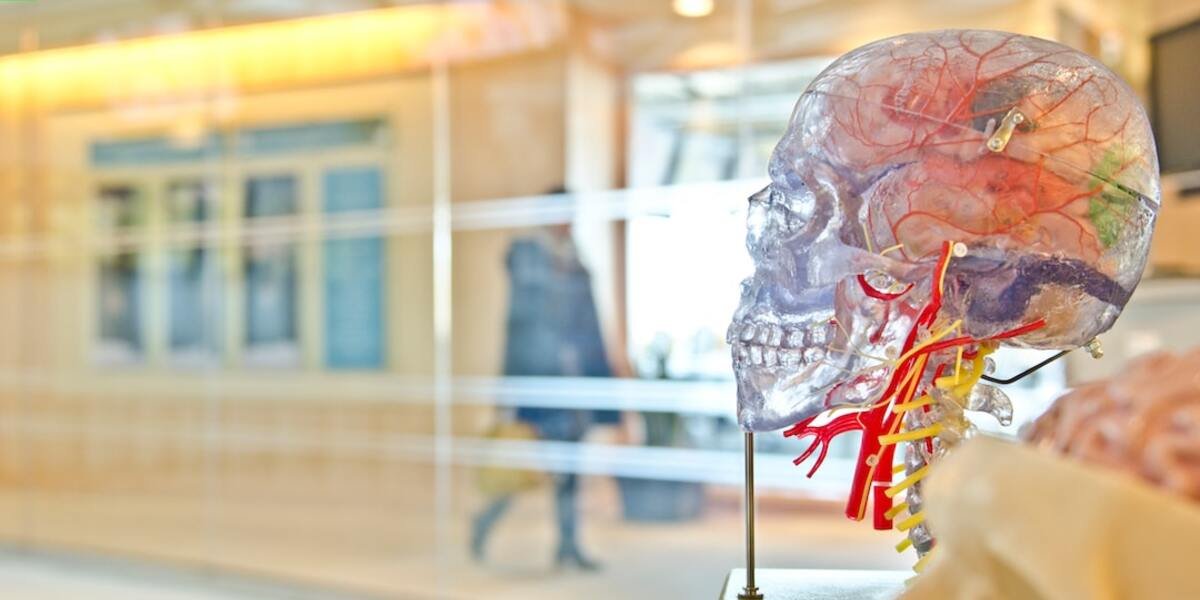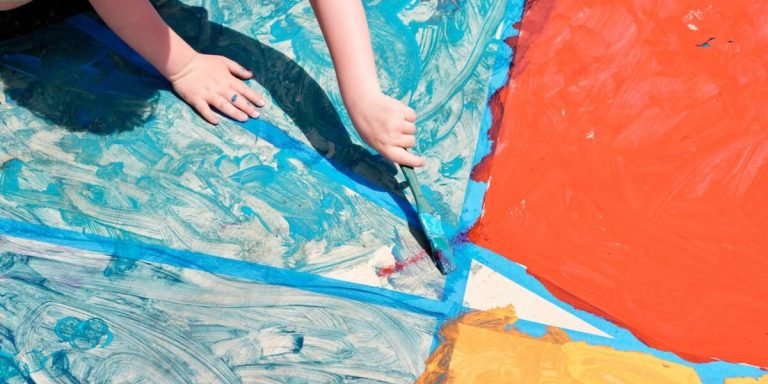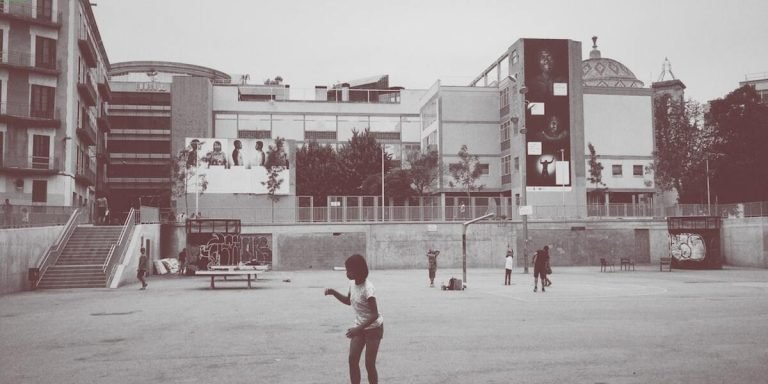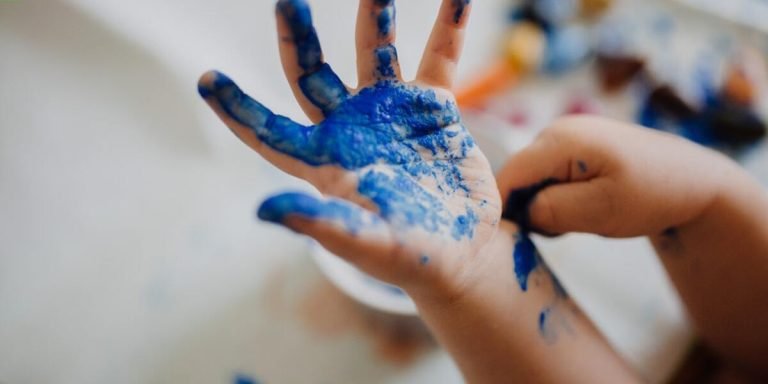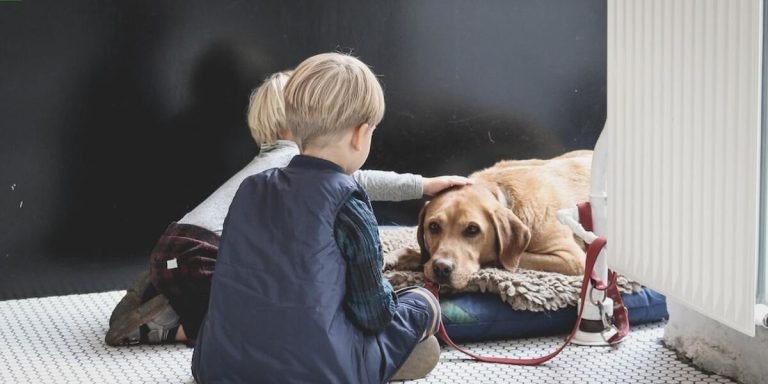Toddler Science Experiments: Engaging Young Minds with Fun Learning Activities
“Activity Based Learning” takes a fun turn when it involves toddler science experiments. These hands-on activities do not only entertain and engage young minds but also lay the foundation for important principles in physics, chemistry or biology. Incorporating these early learning strategies can establish a path of curiosity-driven education essential for children’s cognitive development.
Contrary to popular belief, you don’t need a laboratory filled with high-end equipment to introduce your toddlers to the magic of science; daily life provides abundant opportunities! A simple kitchen ingredient can be turned into an intriguing experiment designed intentionally for little ones using their innate love for exploring new things as fuel. That’s where “Toddler Science Experiments: Engaging Young Minds with Fun Learning Activities” steps in – providing parents and educators creative ways towards activity-based learning at home or school settings.
Did you know?
Did you know? Children’s brains develop faster from birth to age five than at any other time in their lives, making this the ideal period for engaging them in science experiments and learning activities.
Exploring the Basics of Toddler Science Experiments
Harnessing a toddler’s insatiable curiosity, science experiments provide the perfect platform for early education. The beauty of these experiences lies in their simplicity and adaptability because they are designed to leverage existing knowledge about the world around them while building new understanding blocks simultaneously. In today’s digital age where technology permeates nearly every aspect of our lives, there exists an unrivaled opportunity to marry traditional experimentation with progressive technological aids.
In terms of activity-based learning – one cannot stress enough on its significance when dealing with toddlers – small learners who learn best through play and hands-on activities. As we infuse science into their routine playtime, we stimulate not only cognitive development but also foster an environment that nurtures question-asking as well as problem-solving abilities. Technology integration augments this process further by introducing multi-sensory engagement that caters to varying learning styles effectively.
For instance, using augmented reality (AR) apps to transform a simple baking soda volcano experiment can take it up several notches making it both entertaining and enlightening at once! Subsequently enhancing children’s scientific exploration adding depth in ways previously unimagined.
Remember that integrating technology is not just about engaging toddlers; rather it equips them for future endeavors too within a rapidly evolving digital landscape without overwhelming them prematurely.
Setting the Stage for Hands-on Learning
Start by explaining what an experiment is in simple terms that your toddler can understand. This will get them excited about the idea of conducting their own mini research projects at home or in school. Keeping things fun and light-hearted helps boost children’s engagement levels while also fostering their innate curiosity.
Toddlers are naturally curious, energetic creatures who learn best through exploration and discovery – perfect candidates for activity-based learning methods! To capitalize on this enthusiasm, encourage your child to ask questions during their science ventures: “What do you think might happen when we mix these two ingredients?” Interactions like these not only bolster critical thinking skills but stimulate creativity as well.
The integration of technology into education has proved beneficial too – especially with scientific lesson plans designed for kids. There’s no shortage of interactive online resources available today; various platforms offer vivid animations depicting complex processes within reach young minds can grasp easily!
Make sure all materials used are safe non-toxic substances suitable for toddlers’ sensitive systems—think food coloring rather than industrial dyes or traditional soap bubbles instead volatile chemical reactants—while still maintaining a sense of wonderment integral to nurturing potential STEM lovers early on.
Another handy tip: keep mobile devices nearby so you can quickly search up additional facts related topics whenever queries surface amidst proceedings—an active demonstration effective real-time problem-solving abilities endorsed via modern teaching methodologies.
Essential Materials for At-Home Science Activities
For most parents and educators, toddler science experiments can be both an exciting and daunting task. With the right materials in hand however, integrating technology into education and promoting activity-based learning becomes a breeze.
To begin with, there’s no need for expensive lab equipment or intricate sets of scientific instruments when planning at-home science activities. Often times, simple household items are enough to ignite young minds’ curiosity about how things work while developing their critical thinking skills simultaneously.
1. Household Items: Gather common objects like spoons as levers or scales to explore weights; baking soda combined with vinegar will demonstrate chemical reactions; balloons rubbed on hair illustrates static electricity—just some indications that home is indeed a toddler’s first laboratory!
2. Basic Art Supplies: Colorful markers help illustrate concepts visually by tracing shadows during day time (an introduction to astronomy). Clear straws can turn into mini wind tunnels illustrating air pressure principles.
3.Code-A-Pillar Twist Toy: This toy offers toddlers their very own coding experience—an invaluable resource considering today’s increasing emphasis on technological literacy from an early age.
Designing Engaging Experiments for Young Learners
Designing engaging science experiments for toddlers can be an exciting exploration into their curious minds. In 2023, the emphasis on activity-based learning and technology integration has amplified this process to a new level of enrichment. Purposefully crafted toddler science experiments not only nurture young learners’ natural curiosity but also form early building blocks in understanding complex scientific concepts.
In recent years educators and parents have recognized the value of merging modern-day innovation with a child’s inherent love for discovery. Using real-world tools like tablets or smartphones, children are now provided hands-on opportunities that were previously inaccessible due to age restrictions or safety concerns. As we continue to harness technological advancements, designing interactive lessons involving well-curated digital content proves invaluable in captivating these young scientists.
Every experiment is designed as an open-ended journey, with thought-provoking questions guiding each step instead of definitive instructions. This approach encourages free thinking and reinforces problem-solving skills, which are crucial for cognitive growth at tender ages. During playtime activities, young brains soak up information like sponges, necessitating that we stimulate them with carefully planned, fun-filled educational experiences. It’s vital to use contemporary advances like virtual reality simulations or coding toys made specifically for younger audiences.
Crafting Age-Appropriate Science Projects
Crafting age-appropriate science projects can feel like a daunting task, especially when such experiments need to be educational and engaging. Integrating technology into these activities not only meets the demands of modern education but also extends the boundaries of interactive learning.
Tap into this curiosity with simple yet stimulating tasks centered on familiar objects or phenomena—think plants growing from seeds or light filtering through colored glasses. The main objective should revolve around developing essential skills such as observation, prediction, critical thinking, along with enforcing basic scientific concepts.
As we’re living in 2023—a digital era richly studded with innovative tools—it’s imperative to include aspects of technology within your experiment design process. For instance, leverage augmented reality apps that demonstrate lifecycle processes right before their eyes or fun coding games where they solve problems using logical reasoning.
One ingenious idea could be creating homemade lava lamps—an excellent way to teach toddlers about density differences between oil and water—all while capturing attention through bright colors! Use child-safe tablets equipped with time-lapse features allowing kids capture growth cycles over several days – making it one great example integrating tech prudently into hands-on efforts!
Overview aside let’s delve deeper: here are three exciting technological aids you can consider:
Incorporating Sensory Play in Scientific Discovery
In the exciting world of childhood education, incorporating sensory play in scientific discovery offers infinite possibilities – especially when it comes to toddler science experiments. This approach aligns perfectly with the current trend towards technology integration and activity based learning.
Children learn best when they can touch, see, smell or hear things firsthand. Sensory experimental activities offer an excellent way for young learners to experience this kind of up-close investigation while developing a range of skills from problem-solving abilities to creativity and critical thinking prowess.
To begin our journey into sensory-based science experiences with your little one(s), consider creating a homemade lava lamp experiment. All you need is oil, water, food coloring and effervescent tablets such as Alka-Seltzer! It’s not just engaging but also introduces basic concepts like liquid density in an easy-to-digest format that toddlers will love!
Another great idea pertains to using tech-integrated tools like digital microscopes that magnify objects hundreds of times their size onto screen displays right before your child’s eyes! Imagine seeing ordinary items around them magically transformed; everything from leaves outside their window pane down to individual fibers on clothing articles would provide fascinating study subjects.
Next step involves integrating more senses by trying out some olfactory (smell) experiments like DIY scent boxes filled with various natural substances—think cinnamon sticks or fresh pine needles—for kids explore by sniffing what’s inside each box without peeking!
Measuring Outcomes of Activity Based Learning
Activity Based Learning (ABL) has transformed the way we teach, particularly in early childhood education. This method challenges children to learn through active exploration and inquiry, rather than traditional passive learning processes. It’s highly relevant when considering toddler science experiments as these activities inherently employ an ABL approach.
Scientific experiments for toddlers are not just fun-filled games; they are key elements of a broader pedagogical strategy aimed at fostering critical thinking from early years itself. When children engage with hands-on tasks such as measuring ingredients, observing chemical reactions or sorting objects based on size or color, they’re doing much more than playing: They’re actively learning about the world around them.
Furthermore, technology integration is redefining how outcomes of activity-based learning can be measured effectively today. Advanced tools like digital trackers and interactive apps allow educators to monitor every small achievement by capturing data relating to cognitive development patterns during their engagement with scientific activities. As a result, teachers are better equipped to adapt teaching strategies based on each child’s unique pace and style of learning – making 2023 an exciting epoch for our future scientists!
Observing Developmental Milestones Through Experimentation
Recognizing the importance of Activity Based Learning, particularly in the realm of toddler science experiments, is a cornerstone for early childhood education in 2023. As technology continues to become an integral part of our daily lives, it’s crucial that we leverage these advancements optimally to enrich learning experiences.
One key area we can observe this intersection between activity-based learning and technology pertains to developmental milestones among toddlers. By using creative experimentation such as simple but fun science projects at home or school environment, you get a front-row seat into your child’s cognitive growth.
Incorporating appropriate technological tools further enhances these experimental activities; think interactive smartboards demonstrating cause-effect relations or augmented reality apps simulating lifecycles on tablets! Instead of perceiving technology as potential screen time conflict creators; treat them as aids helping children assimilate abstract scientific concepts better via visual imagery – A practice highly encouraged by modern pedagogy!
Assessing Cognitive Growth and Curiosity
In a world where technology is the foundation of most activities, including early childhood education, toddler science experiments have become key in assessing cognitive growth and curiosity. This form of activity-based learning fosters analytical skills while sparking interest in their surrounding environment.
One Method could be observing how toddlers interact during each experiment: Do they show excitement? Are they eager about manipulation or dissection aspects involved? How do they respond when a result differs from their prediction?
Next step would be pinpointing Successes vs Failures – A child’s ability to succeed at tasks within an experiment isn’t necessarily reflective only on their intelligence but also resilience & problem-solving capabilities; indicators that confidently point towards cognitive advancement.
Another critical aspect worth noting is progression over time :Is there an improvement with repeated exposure new ideas are absorbed faster or if complex concepts are grasped quicker overtime?
Conclusion
In conclusion, toddler science experiments are a fantastic way to foster curiosity and instill a love for learning in your little ones. Not only do these activities entertain their sprightly minds but they also introduce them to the exciting world of science from an early age. Remember that each failed experiment or unexpected result is another opportunity for problem-solving and critical thinking – traits that will benefit them long into adulthood!
We encourage you to explore our website further where we share more resources on educating young children; because if there’s one thing certain about parenting or teaching, it’s this: knowledge truly does empower us all! From insightful articles on childhood education trends through comprehensive guidance on parent-teacher collaborations—it’s all right here waiting for you. This concludes today’s venture into fun-filled scientific exploration with toddlers; happy experimenting!

